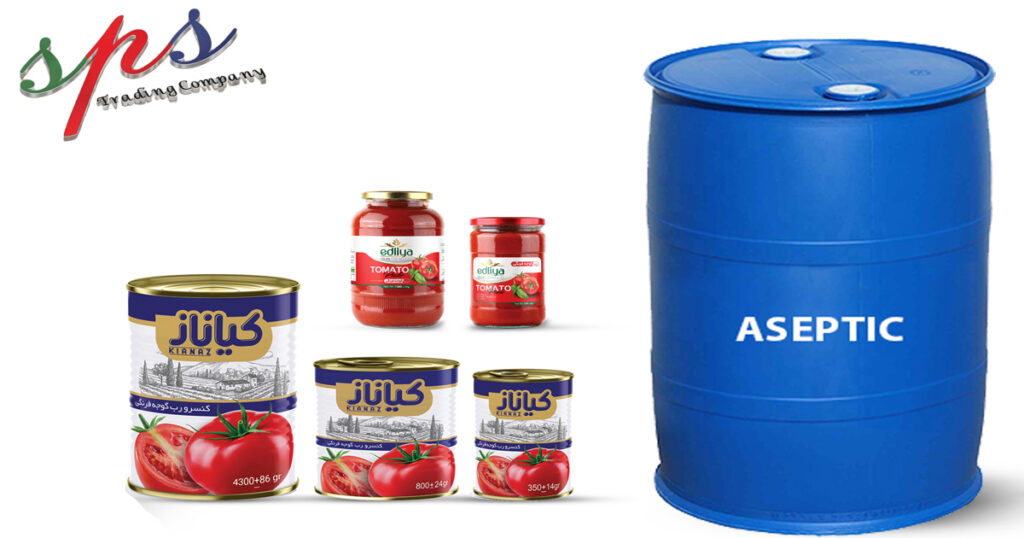Tomato paste is a vital ingredient in many kitchens. This food product is made from ripe and cooked tomatoes and is used as a thick and flavorful sauce in various dishes. Tomato paste is also an excellent source of vitamins and minerals, including vitamin C, potassium, and lycopene.
Iran, due to its diverse climate, has consistently been among the top 10 tomato paste-producing countries globally. Tomatoes are cultivated in various parts of the country almost year-round, thanks to Iran’s four distinct seasons.

